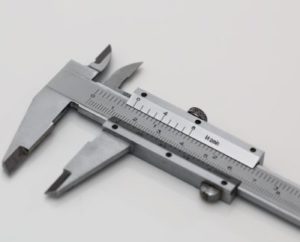
The emergence of global value chains (GVCs) and global public goods presents an opportunity for the World Trade Organization (WTO) to play a larger role in international regulatory cooperation. This paper identifies the circumstances and modalities where the WTO is most likely to be successful. First, it assesses the circumstances in which international regulatory cooperation is best suited to be multilateralised through the WTO. Second, it considers the means by which regulatory cooperation should be pursued at the multilateral level. In particular, it recommends a hub and spoke model for promoting regulatory cooperation and maintaining the transparency and democratic accountability of that mechanism.
June 2017
Introduction
Trade officials are interested in regulatory cooperation, because there are few good alternatives for reducing restraints on international commerce that arise from duplicative or divergent, but nondiscriminatory, rules and standards. In most cases, non-discriminatory regulatory differences will not run afoul of the World Trade Organization (WTO) Agreement on Technical Barriers to Trade (TBT) or its Agreement on the Application of Sanitary and Phytosanitary (SPS) Measures. The duplicative or divergent regulations are not necessarily protectionist or even domestically irrational, and they may well be science based. Regulations also cannot simply be negotiated away. They are essential tools for promoting public health and safety, safeguarding the environment and rights of citizens, and ensuring the proper functioning of markets. The TBT and SPS Agreements include provisions to encourage nondiscriminatory mutual recognition and equivalence, but those provisions are limited to best efforts and do not provide a framework for regulatory authorities to adopt regulatory cooperation arrangements (TBT 1999; SPS 1999).
This paper seeks to accomplish two tasks. First, this paper assesses the circumstances in which international regulatory cooperation is best suited to be multilateralised through the WTO. That assessment will consider both the topic areas and the forms for regulatory cooperation most conducive to pursuit at the WTO. Second, this paper considers the means by which regulatory cooperation should be pursued at the multilateral level. This section evaluates the hub and spoke model for promoting regulatory cooperation and ways to maintain the transparency and democratic accountability of that mechanism.
Click here to open the full article in a new tab. This article was originally published on the website of TKE partner, ICTSD.